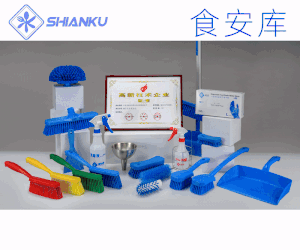食品伙伴網(wǎng)訊 2022年2月28日,據(jù)歐盟食品安全局(EFSA)消息,歐盟營養(yǎng)、新型食品和食物過敏原(NDA)研究小組就膳食糖的安全攝入量發(fā)表科學(xué)意見。
根據(jù)現(xiàn)有的數(shù)據(jù)和相關(guān)的不確定性,在營養(yǎng)充足的情況下,添加糖和游離糖的攝入量應(yīng)盡可能低。減少添加糖和游離糖的攝入會以相似的程度減少總糖的攝入。部分原文報道如下:
Following a request from five European Nordic countries, the EFSA Panel on Nutrition, Novel Foods and Food Allergens (NDA) was tasked to provide scientific advice on a tolerable upper intake level (UL) or a safe level of intake for dietary (total/added/free) sugars based on available data on chronic metabolic diseases, pregnancy-related endpoints and dental caries. Specific sugar types (fructose) and sources of sugars were also addressed. The intake of dietary sugars is a well-established hazard in relation to dental caries in humans. based on a systematic review of the literature, prospective cohort studies do not support a positive relationship between the intake of dietary sugars, in isocaloric exchange with other macronutrients, and any of the chronic metabolic diseases or pregnancy-related endpoints assessed. based on randomised control trials on surrogate disease endpoints, there is evidence for a positive and causal relationship between the intake of added/free sugars and risk of some chronic metabolic diseases: The level of certainty is moderate for obesity and dyslipidaemia (> 50–75% probability), low for non-alcoholic fatty liver disease and type 2 diabetes (> 15–50% probability) and very low for hypertension (0–15% probability). Health effects of added vs. free sugars could not be compared. A level of sugars intake at which the risk of dental caries/chronic metabolic diseases is not increased could not be identified over the range of observed intakes, and thus, a UL or a safe level of intake could not be set. based on available data and related uncertainties, the intake of added and free sugars should be as low as possible in the context of a nutritionally adequate diet. Decreasing the intake of added and free sugars would decrease the intake of total sugars to a similar extent. This opinion can assist EU Member States in setting national goals/recommendations.
本文由食品伙伴網(wǎng)食品資訊中心編輯,供網(wǎng)友參考,有任何疑問,請聯(lián)系news@foodmate.net。
相關(guān)政策解讀











 地區(qū):
地區(qū):






 魯公網(wǎng)安備 37060202000128號
魯公網(wǎng)安備 37060202000128號



